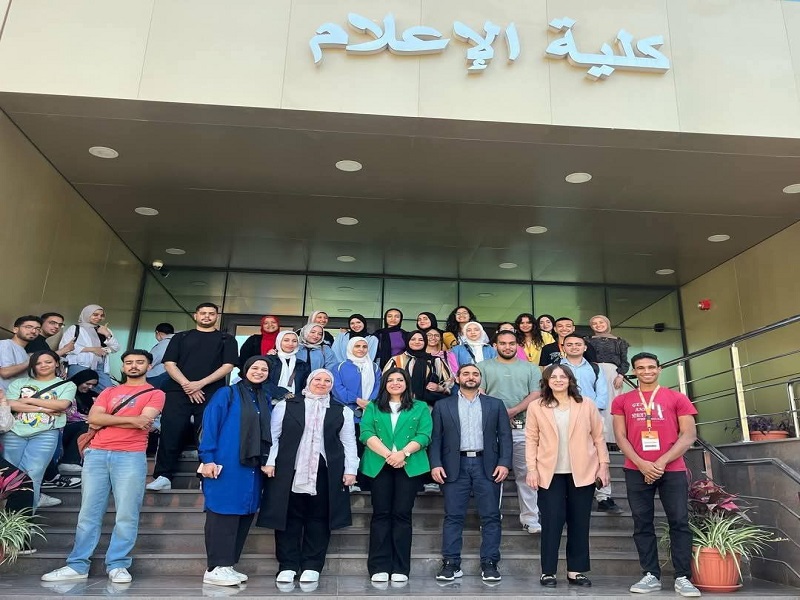"READY TO WORK" Initiative at the Faculty of Mass Communication
Under the patronage of Prof. Mohamed Diaa Zain El-Abdeen, President of Ain Shams University, and Prof. Ghada Farouk, Vice President for Community Service and Environmental Development, the Career Center organized the "READY TO WORK" initiative at the Faculty of Mass Communication. The initiative was held under the supervision of Prof. Heba Shaheen, Dean of the Faculty, and Prof. Salwa Suleiman, Vice Dean for Education and Student Affairs.
The workshop was delivered by marketing experts Dr. Assem Talba and Dr. Aya Barada. Dr. Assem explained the stages of career planning, which help students identify their skills and capabilities, as well as their area of specialization in the job market. He also discussed the strategies for developing those skills continuously during their academic years to ensure they are fully prepared to enter the workforce upon graduation.
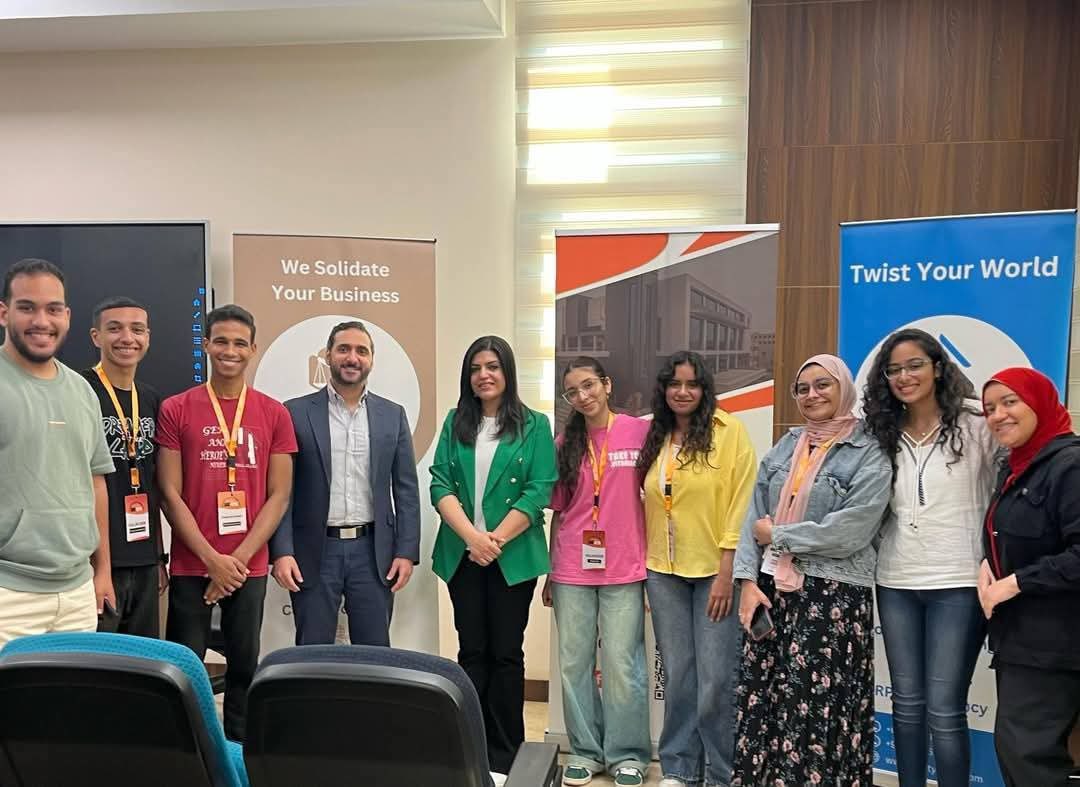 |
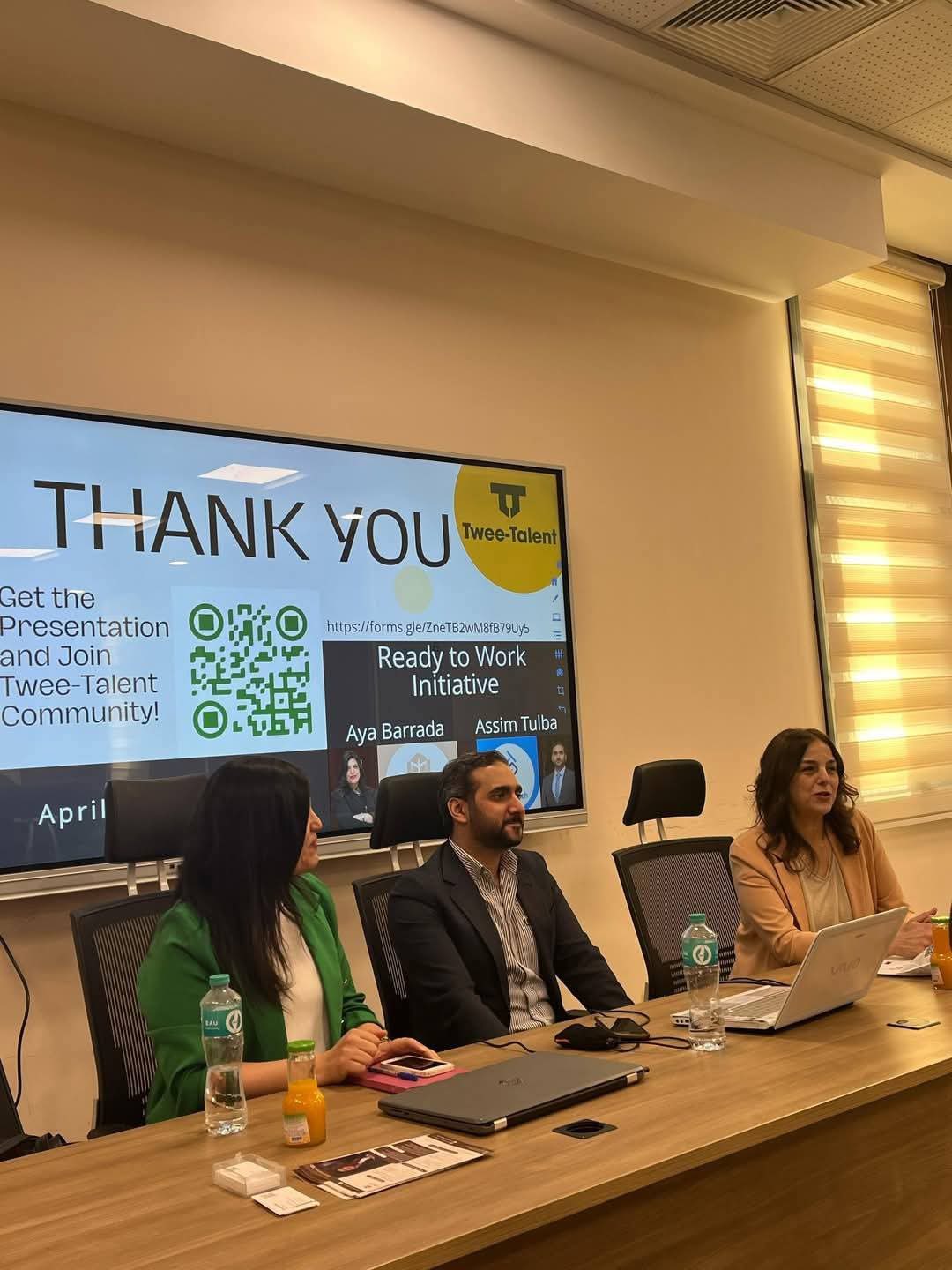 |
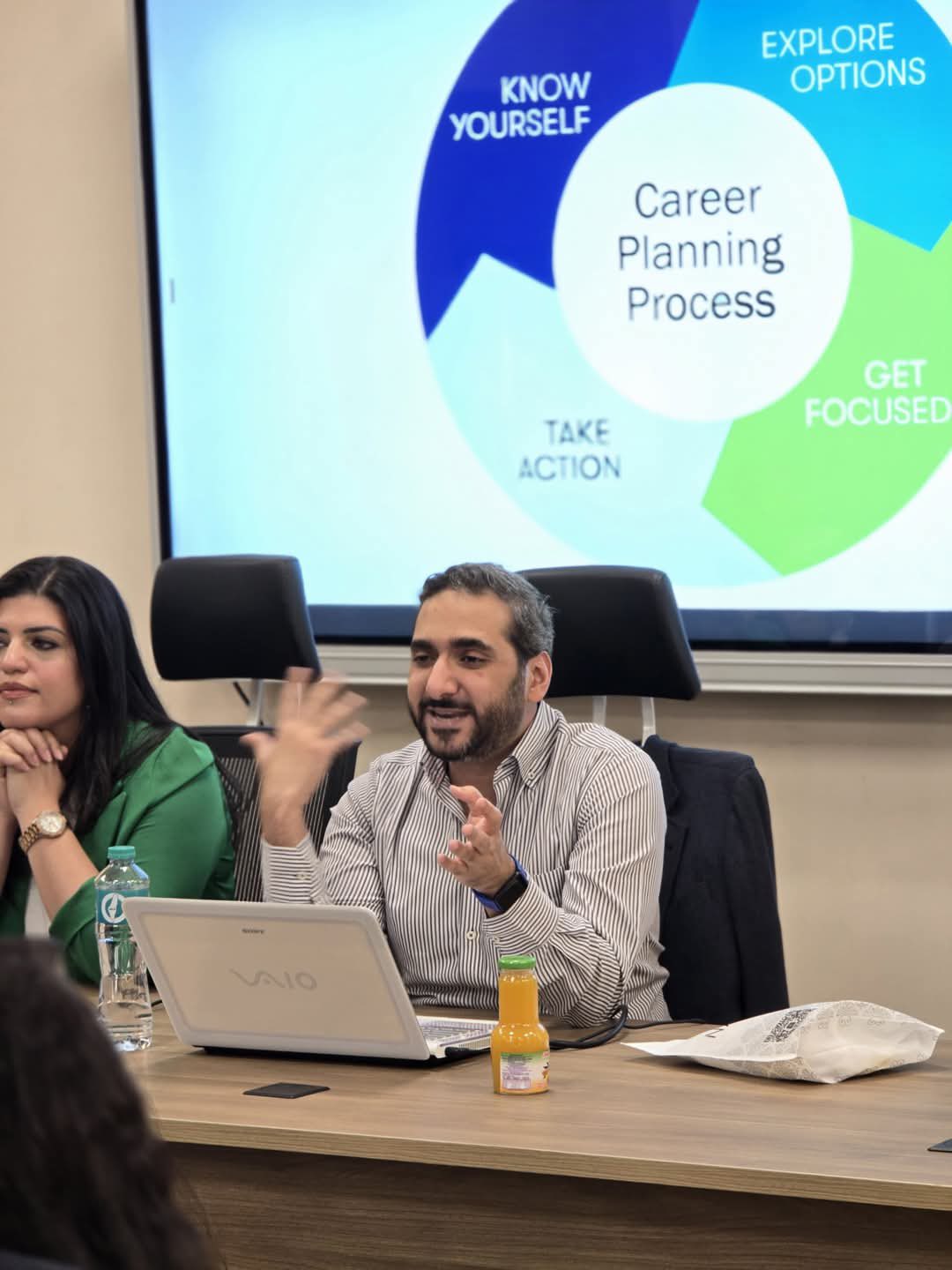 |
||
He highlighted that, according to studies and research, individuals typically master two skills in their lifetime: a primary skill they excel in (often by the age of 40), and a secondary skill that becomes their focus after 40, enabling them to achieve greater accomplishments throughout their life.
Dr. Aya Barada emphasized that the concept of a CV (Curriculum Vitae) has changed significantly in recent years, especially with the advent of artificial intelligence. Nowadays, companies use AI to screen applicants’ resumes before they even reach the Human Resources (HR) department, through a system known as ATS (Applicant Tracking System).
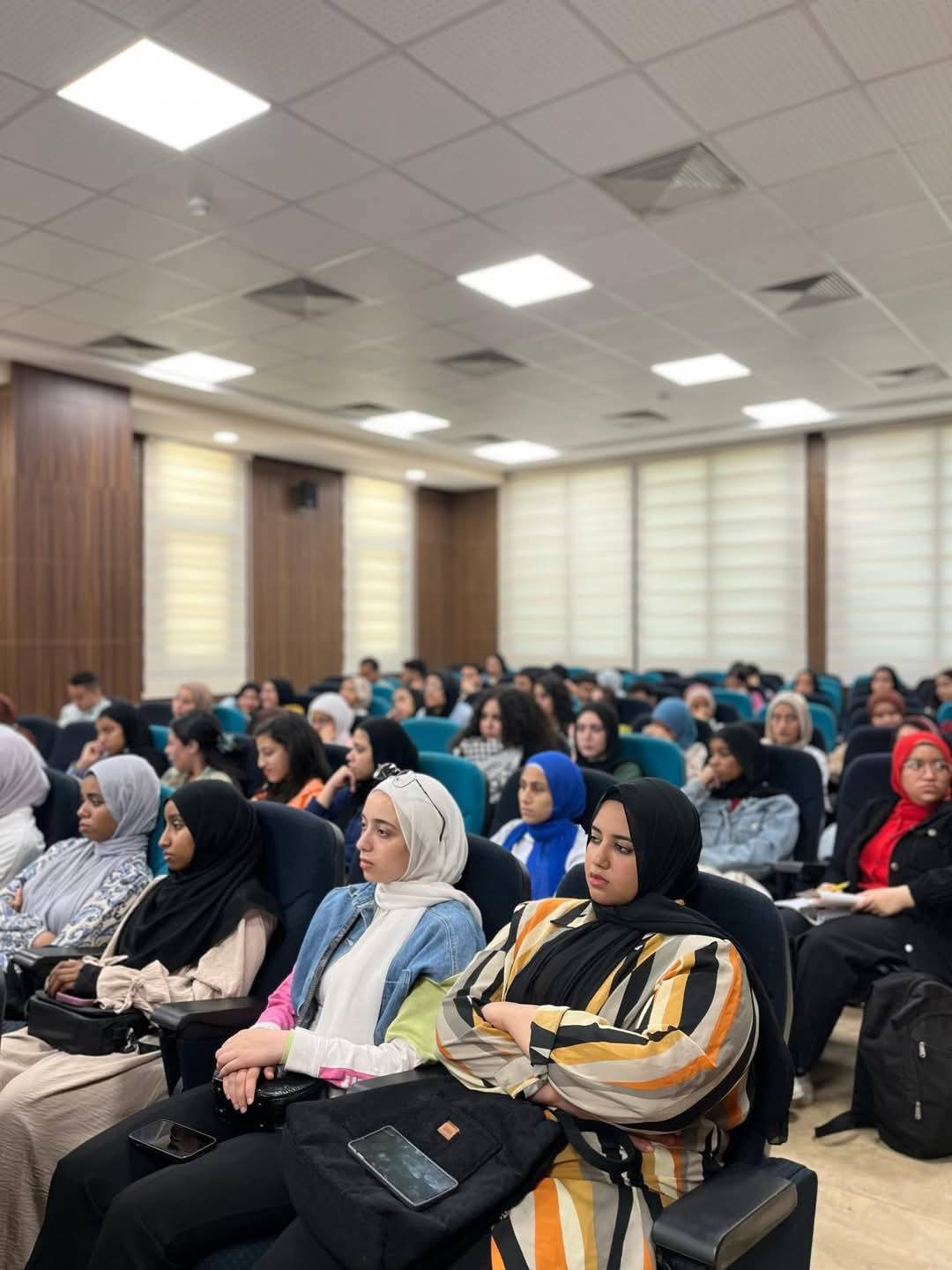 |
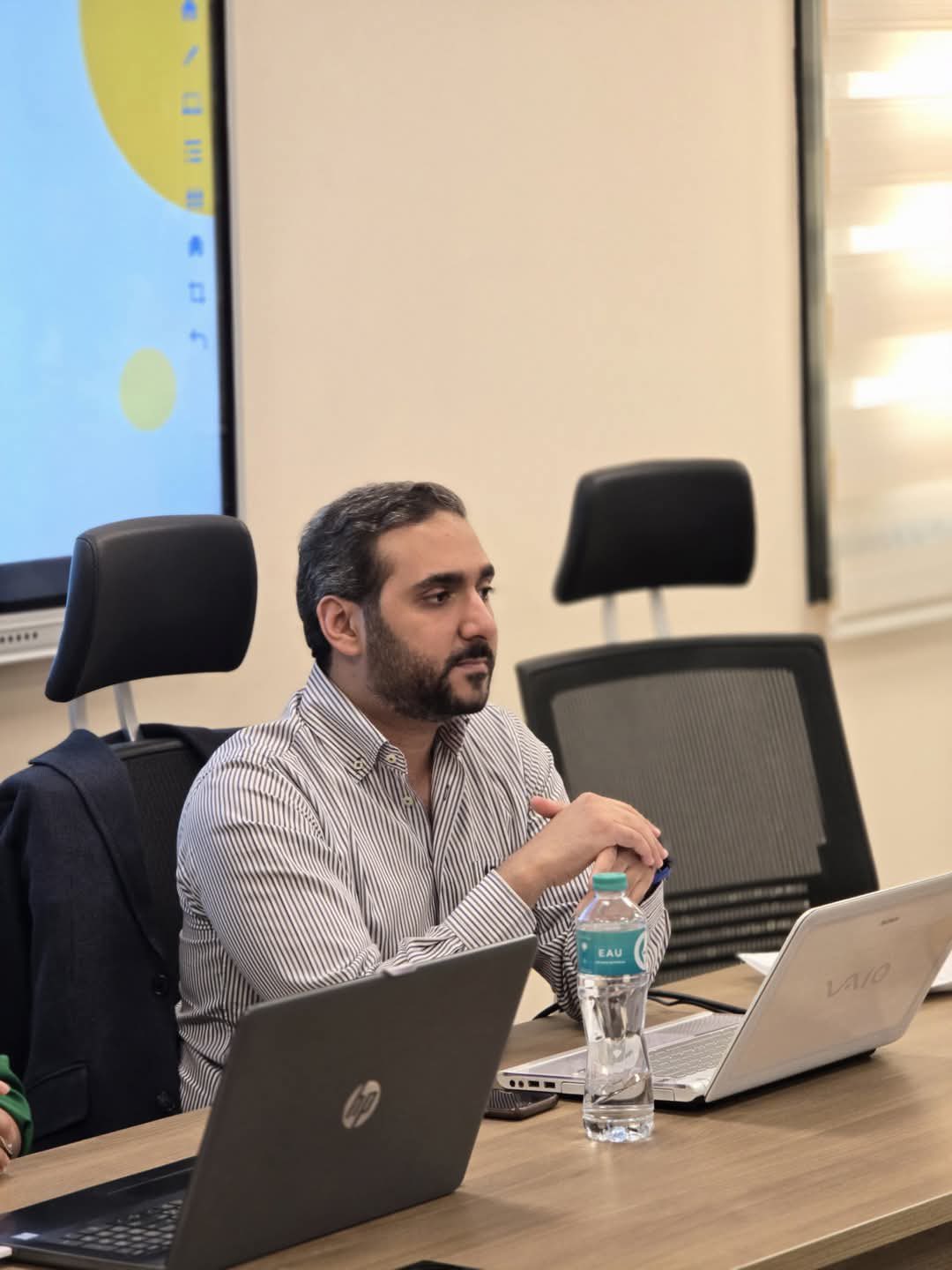 |
Dr. Assem added that students must tailor their CVs to highlight relevant skills and experience for the specific job they are applying for. For instance, there’s no need to mention five years of design experience if applying for a writing position, as this reflects a lack of professionalism in the resume.
Both speakers also addressed how to prepare for job interviews, including key points to focus on during the interview such as posture, speech, managing anxiety, and the proper way to follow up afterwards, sending a thank-you note and showing interest in the outcome.
At the end of the workshop, students expressed their great benefit from the session and their eagerness to develop the personal and professional skills required in the digital age.


.svg)

